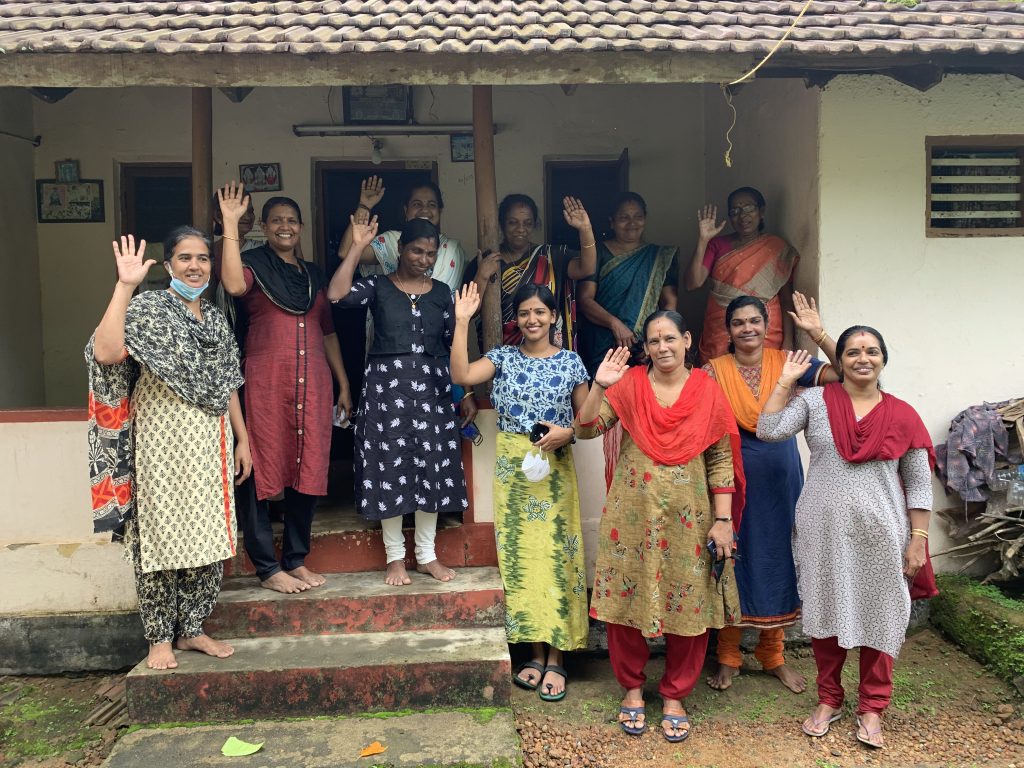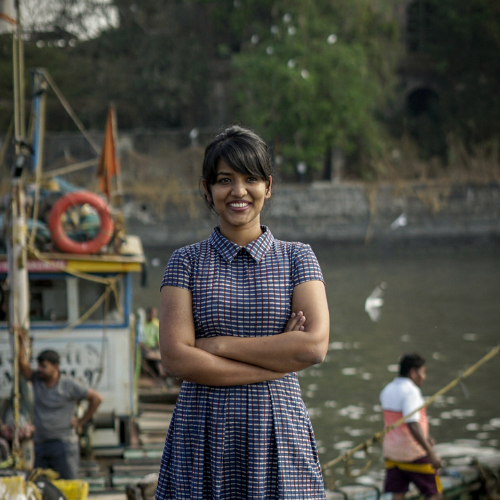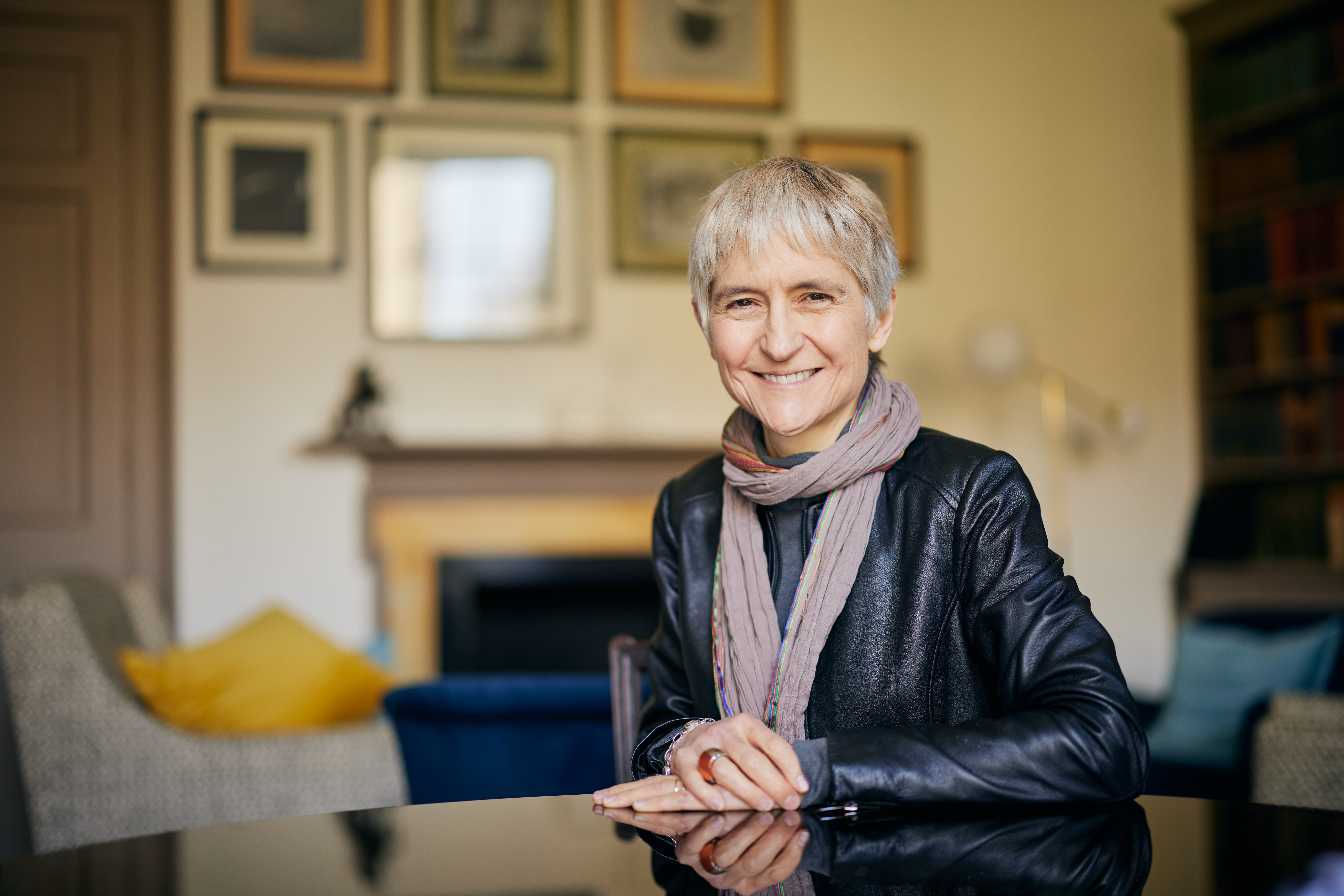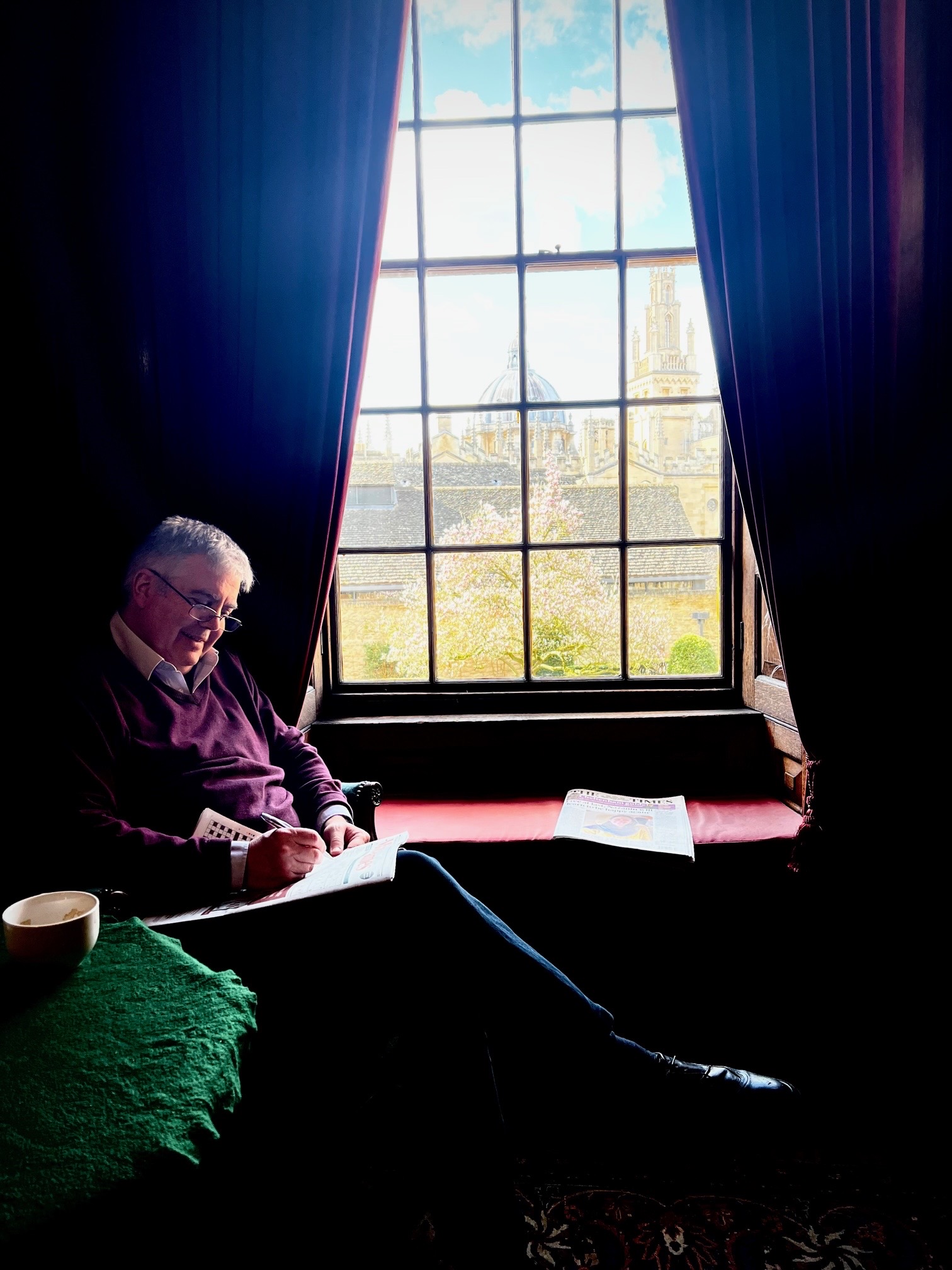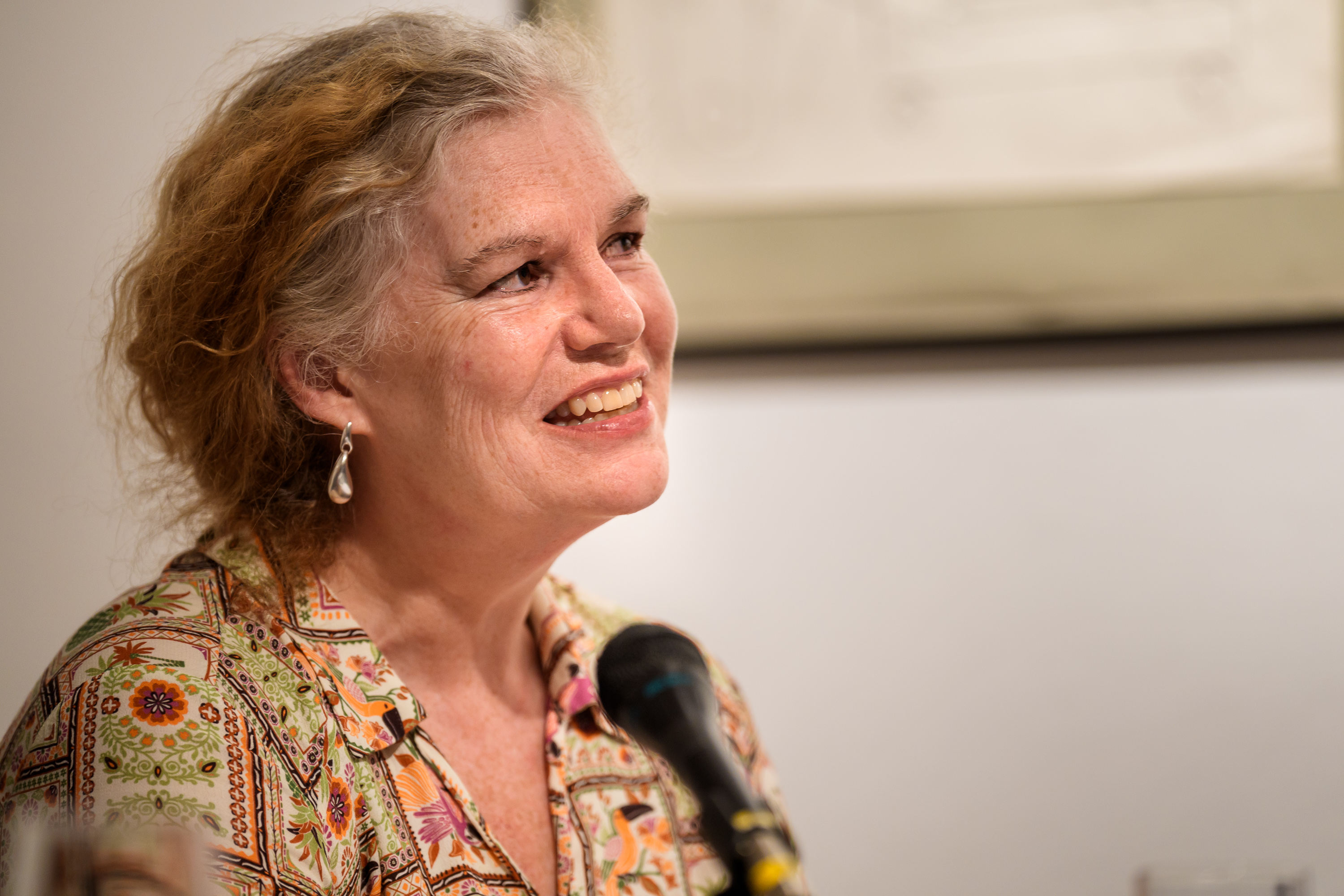Old Member Asha Vettoor (MBA, 2021) tells us about her company Swara and its mission to empower women in rural areas of India.
Tell us a bit about Swara, the company you founded in 2018.
Swara started as a project when I was a Gandhi Fellow in India. This work took me to rural schools in a tribal area of Rajasthan where levels of unemployment, particularly among women, are very high. I started Swara as an ethical fashion brand that gives rural women the opportunity to work as artisans. The business initially grew on Instagram and we gained popularity for our authentic and transparent communication. We talk a lot about the stories of the women with whom we work in an effort to close the gap between our customers and the products they buy.
What does Swara mean?
Swara is a Sanskrit word that stands for the seven traditions musical notes. For us, Swara stands for the voice of women and it’s beyond a brand name – it’s a bridge between rural and urban women. It’s also a full profit brand. We want to show that working in this way is beneficial in a business sense.
What does fair trade mean for your business?
We work with female artisans to make 100% cotton clothes for people who believe in our mission for female empowerment. We are sustainable in three main ways: our fabric is sourced directly from the supplier; our employees are paid above market rate and given training opportunities in creative skills and managing their finances; and we advocate with customers on ethical fashion more widely to encourage them to demand the same high standards from other brands. We also manage our waste and packaging very carefully and we are constantly exploring ways to improve.
In 2020 you were recognised by Google as the Social Impact Entrepreneur of 2020 in their digital awards. How did you make adjustments during the Covid pandemic in order to not only survive but clearly thrive as a business?
The Covid pandemic was hard. Like many businesses, we had to shut for a bit. However, our pre-existing approach to flexible working, which gives women (who are almost always the primary care-giver in rural India) the flexibility to work alongside family commitments, was suddenly being recognised and adopted more widely as changes to working became necessary across the world. We worked a lot with non-profit organisations during this time and they came with a lot of expertise, as well as being open to innovation and digital working methods. These new strategic partnerships gave us lots of visibility.
Tell us about your year in Oxford.
I loved my year in Oxford. I arrived in September 2021 just a week after the travel restrictions were lifted and the UK was beginning to really open up post-pandemic. I was fortunate that all my classes took place in person and I enjoyed exploring the city, once I had gotten used to how cold it was! The communities at both the Said Business School and Queen’s are both very encouraging of students and their activities. I was given many opportunities to spread the word about Swara.
What are your goals for Swara?
My goal is to bring the stories of the women in rural India along with me and by building a successful business, get the message about female empowerment out to more people and change people’s perception of rural women.
What’s your favourite thing about Queen’s?
My favourite thing is the diversity of the community. I don’t just mean in an ethnic sense, but in terms of life experiences and perspectives. The thing that unites the community, though, is the kind and inquisitive nature of all the people you meet. Queen’s is also just a beautiful place to hang out, especially the gardens when it’s warm and sunny. I have also spoken about Swara in the Shulman Auditorium a couple of times: it’s a privilege to know I have been on the same stage as Nobel prize winners.
If you’re interested in finding out more about Swara, then Asha would be delighted to hear from you. She is currently looking for seed investment to launch in the UK.
